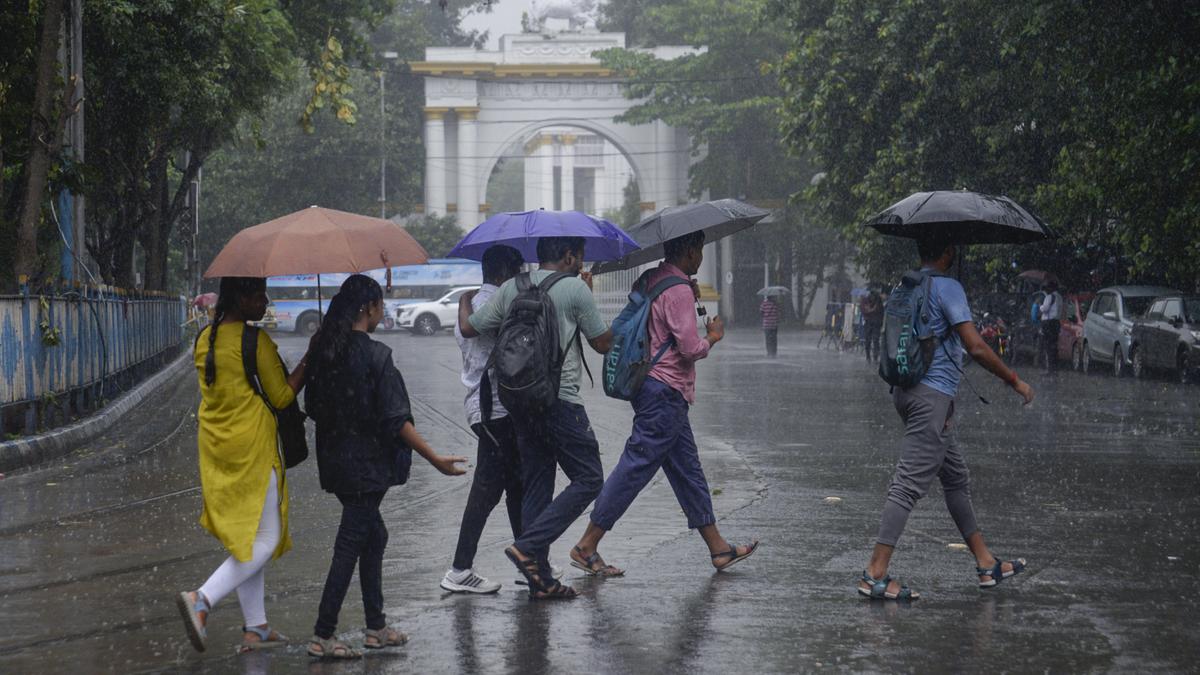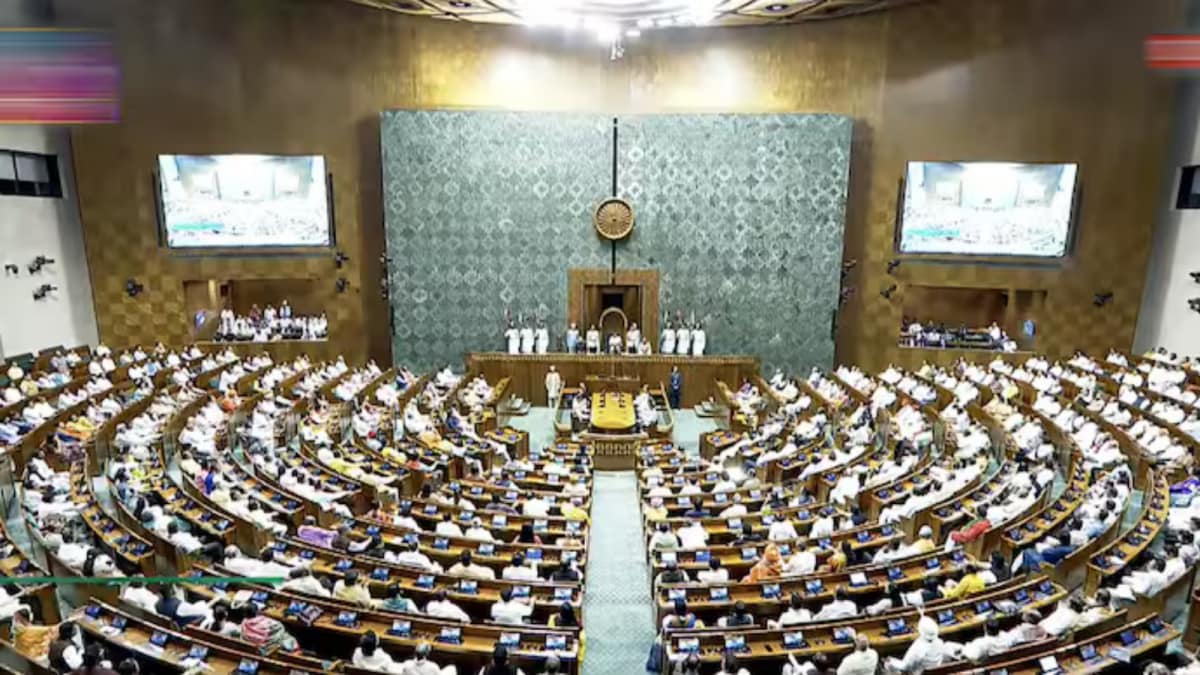ARTICLE AD BOX
In a scathing comment on judicial power structures, a Division Bench of the Madhya Pradesh High Court has likened the relationship between the High Court and the District Judiciary to a caste system, observing that judges in the lower judiciary are treated like “shudras” and “les misérables”, while High Court judges function with the entitlement of “savarnas”.
The French term, “les misérables”, translates to “the miserable ones” in English and is commonly used to refer to the poor and marginalised, as in Victor Hugo’s French novel of the same name.
A Division Bench of Justices Atul Sreedharan and Dinesh Kumar Paliwal made the observations on July 14 while quashing the termination of former Additional District and Sessions Judge Jagat Mohan Chaturvedi. He was dismissed in 2014 after passing divergent bail orders in cases linked to the Vyapam scam.
The court said the judicial officer had suffered “gross injustice” and ordered the restoration of his pensionary benefits. It also imposed a cost of Rs 5 lakh on the state for the “hardships he and his family were subjected to” and “the humiliation in society that he had to face, only on account of passing judicial orders, without an iota of material coming on record to even establish corruption even on the anvil of preponderance of probability”.
Speaking on the entrenched hierarchy in the judiciary, the Bench observed, “The relationship between District Judiciary and the High Court in the state is not based on mutual respect for each other, but one where a sense of fear and inferiority is consciously instilled by one on the subconscious of the other. At a subliminal level, the penumbra of the caste system manifests in the judicial structure in this state where those in the High Court are the savarnas and the shudras are the les misérables of the District Judiciary.”
Describing the dynamic between the High Court and the lower courts, the judges said, “The dismal relationship between the Judges of the High Court and the Judges of the District Judiciary is one between a feudal lord and serf.”
“The body language of the Judges of the District Judiciary when they greet a Judge of the High Court stops short of grovelling before the High Court Judge, making the Judges of the District Judiciary the only identifiable species of invertebrate mammals,” they said.
Story continues below this ad
The Bench further added, “Instances of the judges of the District Judiciary personally attending to Judges of the High Court (as desired by them) on railway platforms and waiting on them with refreshments, are commonplace, thus perpetuating a colonial decadence with a sense of entitlement.”
Judges of the district judiciary deputed to work at the High Court registry “are almost never offered a seat by the Judges of the High Court, and on a rare occasion when they are, they are hesitant to sit down before the High Court Judge,” the Bench said.
The court also observed that the “subjugation and enslavement of the psyche of the Judges of the District Judiciary is complete and irreversible, so it seems”.
“An overbearing High Court, ever willing to excoriate the District Judiciary for the most innocuous of its errors, ensures that District Judiciary is kept under perpetual and morbid fear of punishment,” it said.
Story continues below this ad
“The fear of the District Judiciary is understandable. They have families, children who go to school, parents undergoing treatment, a home to be built, savings to be accumulated and when the High Court terminates his service abruptly…he and his entire family are out on the streets with no pension and the stigma of facing a society that suspects his integrity,” the court said.
The court observed that a “District Judiciary which is compelled to work perpetually under this fear cannot dispense justice and instead shall dispense with justice”.
It added, “All this adds up to the passive subjugation of the District Judiciary, leaving it psychologically emaciated, which ultimately reflects in their judicial work where bails are not granted in even the most deserving cases, convictions are recorded in the absence of evidence… All this in the name of saving their job, for which the Petitioner in this case suffered, for thinking and doing differently.”



.png)
.png)
.png)
























 English (US) ·
English (US) ·